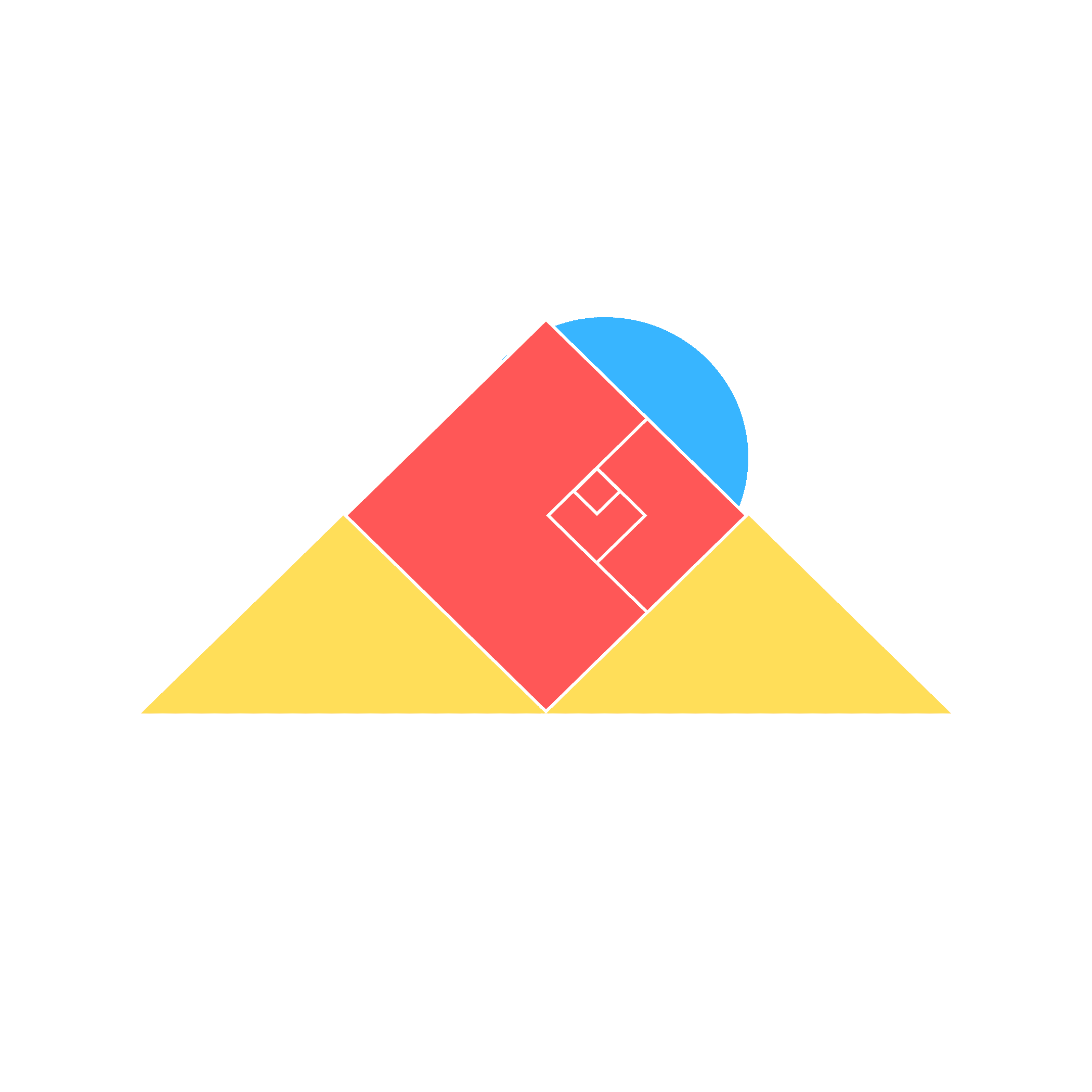Notion tips and tricks
Guide to Notion for business
Notion, when combined with its vast array of integrations, provides a powerful platform for maximizing efficiency and fostering seamless collaboration. By enabling smooth information flow between users and platforms, Notion ensures that all your tools are working together harmoniously.
Why Notion’s Connectivity Ecosystem Stands Out
Notion’s connectivity ecosystem is remarkably expansive, featuring integration partners from over 50 mainstream platforms, community-developed add-ons, in-page embedding views, and extended capabilities via Notion’s API. These integrations cater to a wide range of use cases, from project management to software development, making Notion a versatile tool for various industries.
For small businesses, especially those relying on no-code tools, integrating Notion with other platforms can yield significant benefits. For example, soft information can be distributed to communication applications, while excluding specific areas like CRM or ERP functions that are managed by other specialized software.
Getting Started with Automated Workflows
If you're new to automation and workflow integrations, platforms like Zapier or Make are excellent starting points. These tools allow you to connect various apps with just a few clicks, following the flows you define. All you'll need is admin permission in those tools. Additionally, these platforms offer a wide variety of prebuilt automated workflows that have proven effective for other users, giving you a head start on optimizing your processes.
Centralize Information Flows into Notion
Forms are invaluable for gathering information from users, employees, customers, and others for various purposes. If you're already using form platforms like Tally or Typeform, you can connect them natively to Notion to store information, facilitating better analysis and sharing options. This ensures that your knowledge is stored in a centralized location, making it easier to access and manage. Another smart move is to import content from other note-taking tools like Google Docs or Evernote, which helps consolidate all your information within Notion.
Essential Apps to Integrate with Notion
Notion has been rapidly expanding its native integrations with key partners to enhance connectivity with widely-used platforms. For instance, in the software industry, Notion often works alongside tools like Slack, Figma, and GitHub in product development projects. A practical example could be designing a workflow that connects user story cards in Notion with GitHub pull requests, ensuring that your team receives a Slack notification in the production channel whenever a new merge is completed.
Unlocking Potential with the Notion API
The Notion API allows your apps to communicate with Notion, enabling you to automate tasks or share data between Notion and other apps. Developers can use Notion’s REST API to work with pages, databases, users, and comments, and to create integrations that define how a bot interacts with your workspace. By connecting API requests to the bot, you can automate workflows within Notion, making your processes more efficient and unlocking a world of opportunities for customization.
Key Benefits of Notion Integrations
Enhanced Collaborative Work and Team Management
Integrate tools like Trello or Jira for project management, Zoom for virtual meetings, and Figma for design, all within Notion. This centralization boosts collaboration efficiency and ensures that all information is easily accessible.
Automate task assignments through integrations with project management tools, or set up alerts for new Slack messages in specific channels to be summarized daily in Notion.
Sync your schedules by integrating Google Calendar with Zapier or using the native integration with Cron to keep everything in Notion.
Broadcasting Customer-Centered Work
Content creators can streamline their creative processes by embedding tools like Adobe Creative Suite or Miro into Notion, complementing their work with detailed notes and statements.
Sales teams will find CRM integrations with tools like Salesforce or HubSpot invaluable for tracking customer interactions and managing cross-platform sales pipelines among distributed teams.
Digital marketers can benefit from integrating tools like Mailchimp for campaign tracking, backups, or customer knowledge base development, adding qualitative insights to their data.
On the customer side, integrating tools like Typeform can automatically pull survey results into Notion for analysis, or use Intercom integration to update customer feedback in real time.
Notion Resources to Expand your Knowledge
Get the Notion Toolkit Box to go from blocks to complex architectures with Notion plug-ins and add-ons to create something great. Think it, make it with belowtion.com/toolbox


